Columbia Root-Knot Nematode Impact on Potato
Found in the western US, Columbia root-knot nematode (Meloidogyne chitwoodi) infects potato roots and tubers, causing blemishes and defects that reduce quality.
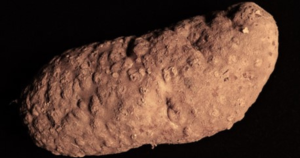
Found in the western US, Columbia root-knot nematode (Meloidogyne chitwoodi) infects potato roots and tubers, causing blemishes and defects that reduce quality.
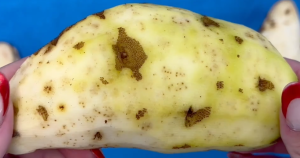
Widespread across cooler climates, northern root-knot nematode (Meloidogyne hapla) causes internal and external tuber damage that reduces potato quality.
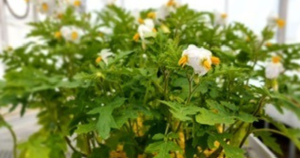
PAPAS is studying litchi tomato (Solanum sisymbriifolium) for the plant’s genetic immunity to several potato nematode species.

PAPAS is developing computational tools with Artificial Intelligence (AI) and machine learning (ML) to support potato nematode detection, mitigation, and management.
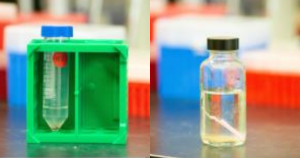
Developing molecular markers of Columbia root-knot nematode (M. Chitwoodi) aids in faster identification of the potato nematode races.
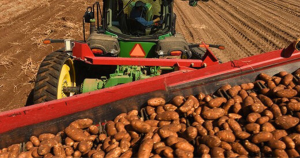
Research addressing the potential profitability of nematode resistant potato varieties.
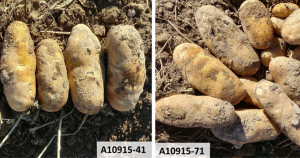
Developing potato cyst nematode resistance in widely-grown russet market class potato varieties.
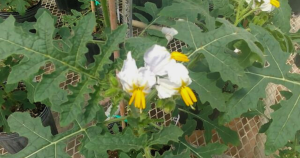
Investigating the chemical composition of litchi tomato for potential nematicide formulations.
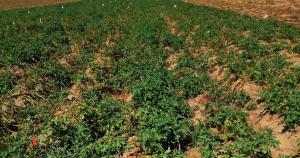
Root lesion nematodes destructively feed on plant cells, causing massive root tissue necrosis, and are linked to the spread of pathogens.
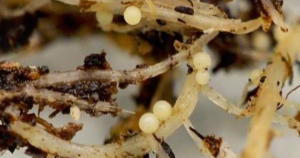
Continuous use of potato varieties with the same source of resistance causes genetic selection for stronger and/or more virulent pale cyst nematode populations.